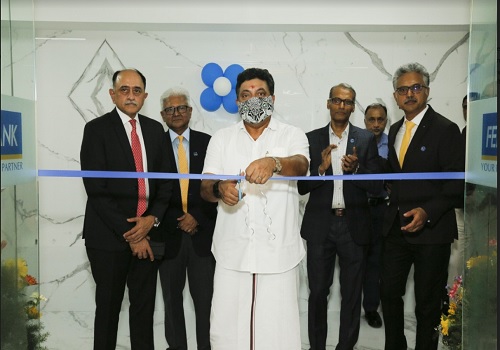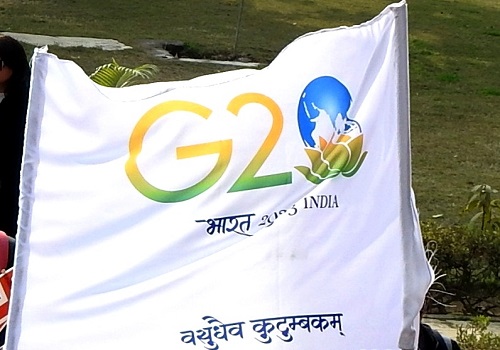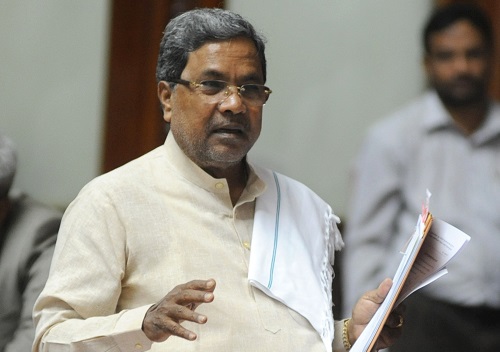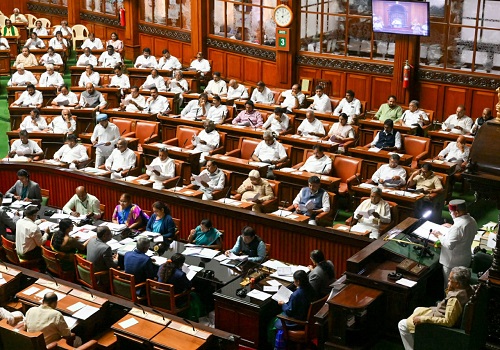Post Budget Analysis : Budget impact on Banking, Insurance, and Capital markets By Shivaji Thapliyal, Yes Securities

Follow us Now on Telegram ! Get daily 10 - 12 important updates on Business, Finance and Investment. Join our Telegram Channel
Below is Post Budget Comment From Mr. Shivaji Thapliyal, Head of Research and Lead Analyst, YES SECURITIES
Credit guarantee scheme for MSMEs
· The revamped schemes will be launched from 1st April and there be an infusion of Rs 90bn into the corpus.
· This will enable additional collateral free guaranteed credit worth Rs 2 trn.
· The cost of credit (cost of borrowing) will reduce by 100 bps.
Our take: This will, ceteris paribus, enhance credit flow into the MSME sector.
Financial sector regulation
· To reduce cost of compliance, financial sector regulators will conduct a review of existing regulations.
GIFT IFSC
· Single window IT system for approvals from IFSCA, SEZ authorities, GSTN, RBI, SEBI and IRDAI.
· Permitting acquisition financing by IFSC banking units of foreign banks.
· Establishing a subsidiary of Exim Bank for trade refinancing.
· Recognising offshore derivatives as valid contracts.
Improving governance and investor protection in the Banking Sector
· Amendments to the Banking Regulation Act, Banking Companies Act and the Reserve Bank of India Act have been proposed.
PM Awas Yojna
· The fund outlay for the PM Awas Yojna (Affordable Housing Scheme) has been enhanced 66% to Rs 790bn.
Our take: This will, ceteris paribus, enhance credit flow in the housing finance segment.
Capital gains on investment in residential house
· It is proposed to cap deduction from capital gains on investment in residential house under sections 54 and 54F to Rs 100mn.
Urban Infrastructure Development Fund (UIDF)
· There will be a Urban Infrastructure Development Fund along the lines of the RIDF.
· It will also be based on PSL shortfall.
· It will be handles by the NHB and will be used for the creation of urban infrastructure in tier 2 and 3 cities.
· The fund outlay for this purpose is Rs 100bn per annum.
Fintech public services – Digilocker
· The scope of the Digilocker in terms of documents available in Digilocker for individuals will be expanded.
· An entity-based Digilocker will be introduced for MSMEs, large businesses and charitable trusts, which will enable the sharing and storing of documents online securely.
Reclaiming shares and dividends
· For investors to reclaim unclaimed shares and unpaid dividends from the Investor Education and Protection Fund Authority with ease, an integrated IT portal will be established.
Enhancement of slab for personal income tax exemption
· The limit for tax-free income stands enhanced from Rs 0.5mn to Rs 0.7mn under the new tax regime, which will now be the default tax regime.
Our take: This can, potentially, have a second order impact on salaried individuals looking for avenues for tax saving under 80C.
Life insurers that focus on the mass market, viz. LIC and SBI Life, are said to have a relatively higher proportion of customers that approach them for tax-saving purposes and hence, could be potentially more impacted.
Limiting income tax exemption from proceeds of Life Insurance policies with very high value
· It is proposed that, from 1st April 2023, for insurance policies, other than ULIP, where aggregate premium is above Rs 0.5mn, the income will not be tax exempt.
· This will not impact the tax exemption provided to the amount received on the death of the insured person.
Our take: It may be, first, noted that, for ULIPs, tax exemption was already removed for policies with annual premium exceeding Rs 0.25mn in the Budget in February 2021. Hence, today’s announcement pertains to insurance policies other than ULIPs.
Further, it may be noted that, other than equity-oriented ULIPs, the other life insurance product that is said to have attracted the interest of HNIs is the Non-Par Savings Guaranteed product.
While IPRU does not explicitly provide the share of Non-Par Savings Guaranteed product in APE, our qualitative understanding is that IPRU is a relatively recent entrant in this area and its share of this business would be relatively lower compared with other listed private sector life insurers.
It may be noted that the share of Non-Par Savings excluding Annuities in total APE for HDFC Life and SBI Life has been 31.0% and 25.6%, respectively, for 1HFY23. We would think that the corresponding share for IPRU would be comparably lower but we would have to corroborate this.
HDFC Life had disclosed in their 3Q conference call that the share of guaranteed product in policyholder AUM was about 15%. The share of guaranteed product for IPRU was 3.1% of liabilities. It may noted that these 2 numbers are not apple-to-apple comparables as the latter number for IPRU would be a function of its hedging program. Even so, it points to the possibility of IPRU’s share of guaranteed business being generally lower but we would need to corroborate.
Above views are of the author and not of the website kindly read disclaimer










Top News
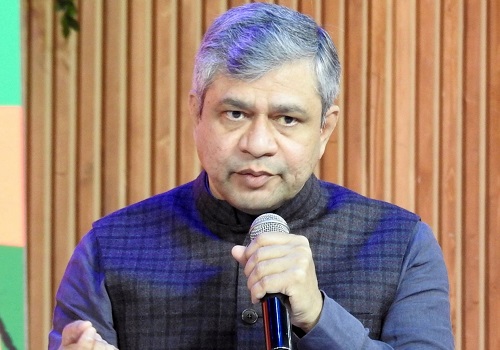
With PM Narendra Modi`s vision, India will become a major rail technology exporter in the wo...
More News

Post Budget Quote : The Union Budget FY23-24 is an extremely progressive and inclusive one w...


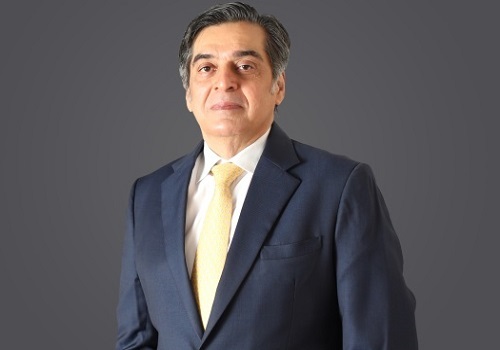


 320-x-100_uti_gold.jpg" alt="Advertisement">
320-x-100_uti_gold.jpg" alt="Advertisement">

